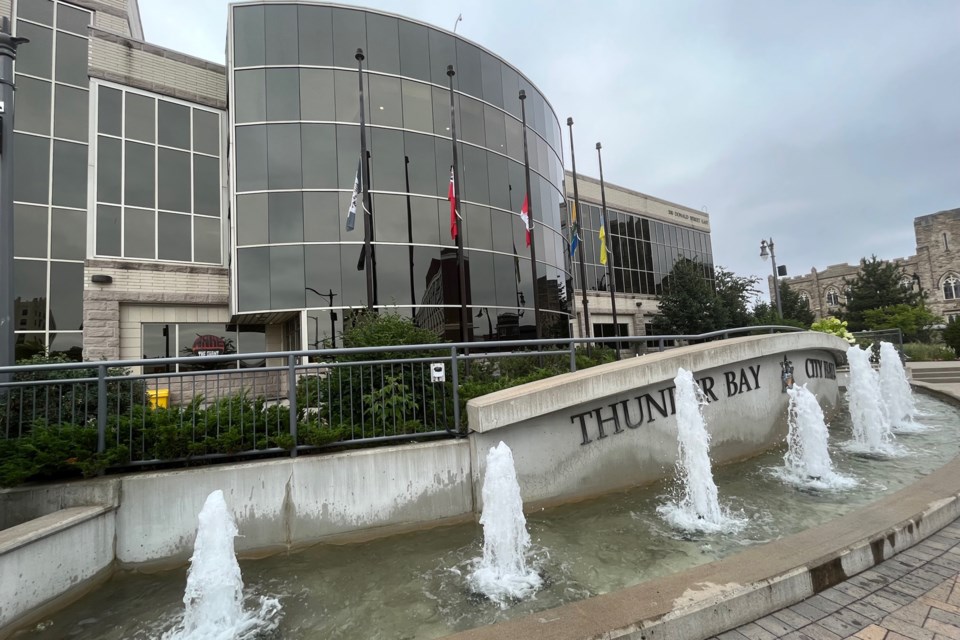THUNDER BAY — Three of the five men seeking to be Thunder Bay's next mayor support the decriminalization of simple drug possession.
The other two candidates say they still need to consult with some key stakeholders.
Under federal law, a charge of possession of a controlled substance may be laid when an accused person is found with drugs for personal use, but not for trafficking.
The Registered Nurses Association of Ontario this week called on mayoral candidates in a number of cities, including Thunder Bay, to endorse the decriminalization of simple possession.
The RNAO cited the example of Vancouver, where lobbying from city council helped trigger a federal exemption for B.C. under which anyone 18 or older will neither be arrested nor charged for possessing up to 2.5 grams of certain illicit drugs.
CEO Doris Grinspun called substance use "a public health matter, not a criminal problem."
TBnewswatch asked Thunder Bay's mayoral candidates to outline their positions on the matter.
Both the candidates who have served terms on city council said they aren't ready to support decriminalization yet.
"This is a very complex issue and one of great concern for our community," said Peng You.
"Before I can make any decision or take a strong position on the matter, I would have to consult with care providers [and] our legal and policing services and dialogue with the nursing leadership before proposing any course of action."
Ken Boshcoff responded similarly.
"As this is the first I have heard of this, I will take the time immediately after the election to consult with our local drug strategy and crime prevention groups to thoroughly understand this. At this point I am open to any solutions that could alleviate today’s worsening situations," Boshcoff said.
Robert Szczepanski, Gary Mack and Clint Harris, though, all concur with the RNAO.
Szczepanski said, "I have always held the belief that politicians should listen to the experts. If nurses would like my support, they have it."
Gary Mack said treating drug use as a social and health issue, rather than a criminal one, reduces shame and stigma, thereby making it more likely a person will seek help.
"It increases the likelihood of emergency services being called in the case of an overdose and ultimately saves lives. It also lessens the burden on our already maxed-out legal system," he added.
Mack also noted that substance users won't be saddled with a criminal record "that can limit a person's future career options."
Clint Harris said he's been following the situation in Vancouver, and supports Health Canada's decision to remove criminal penalties for people who possess a small amount of certain illicit substances for personal use.
The exemption in B.C. was granted for the period from January 2023 to January 2026.
"Those dealing with mental health and addictions need services and support, and beds that are currently not available, not filling out jails where detoxification can be fatal as well," Harris said.
He added that the waiting list for services in Thunder Bay is currently up to a year, "and at that rate we will continue to see more fatalities."
